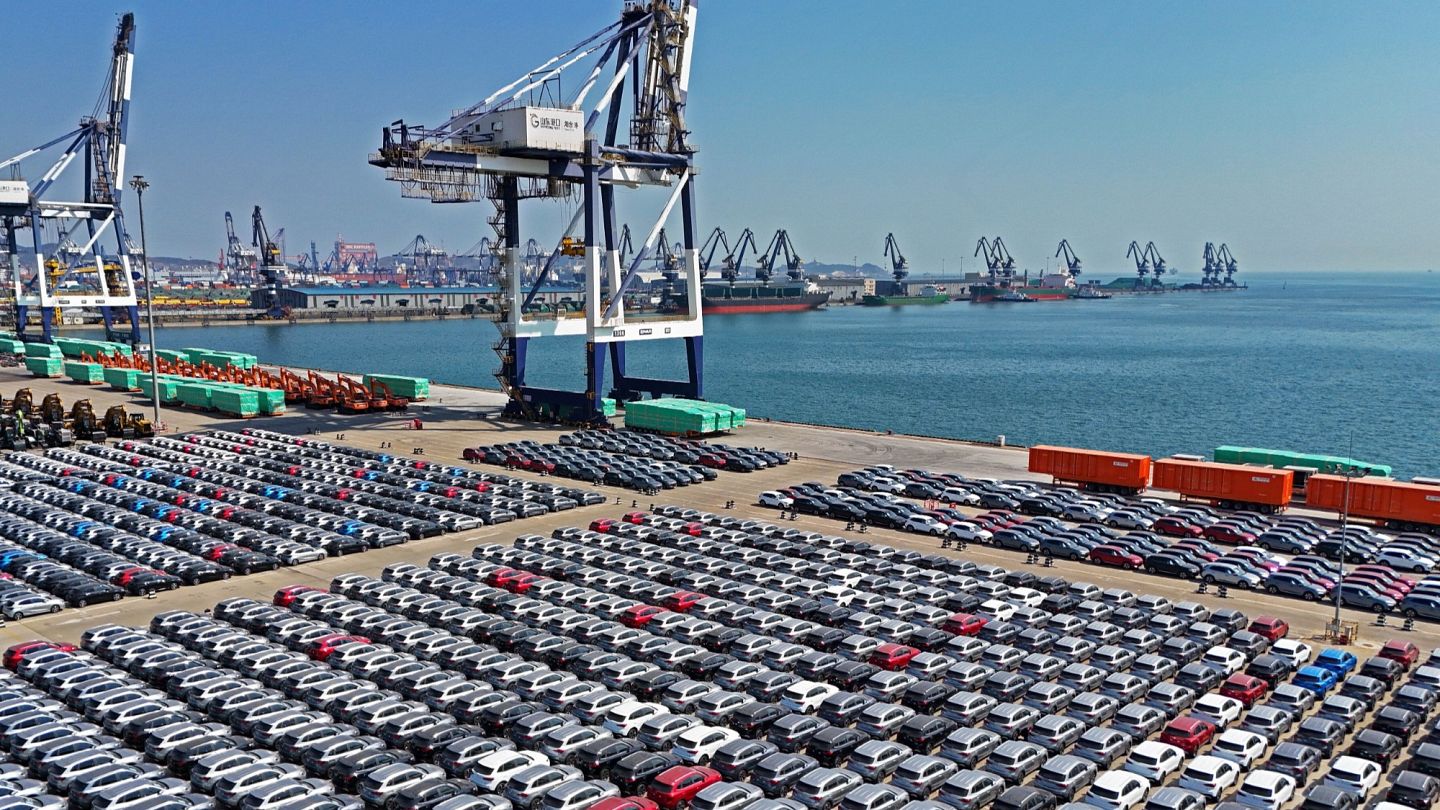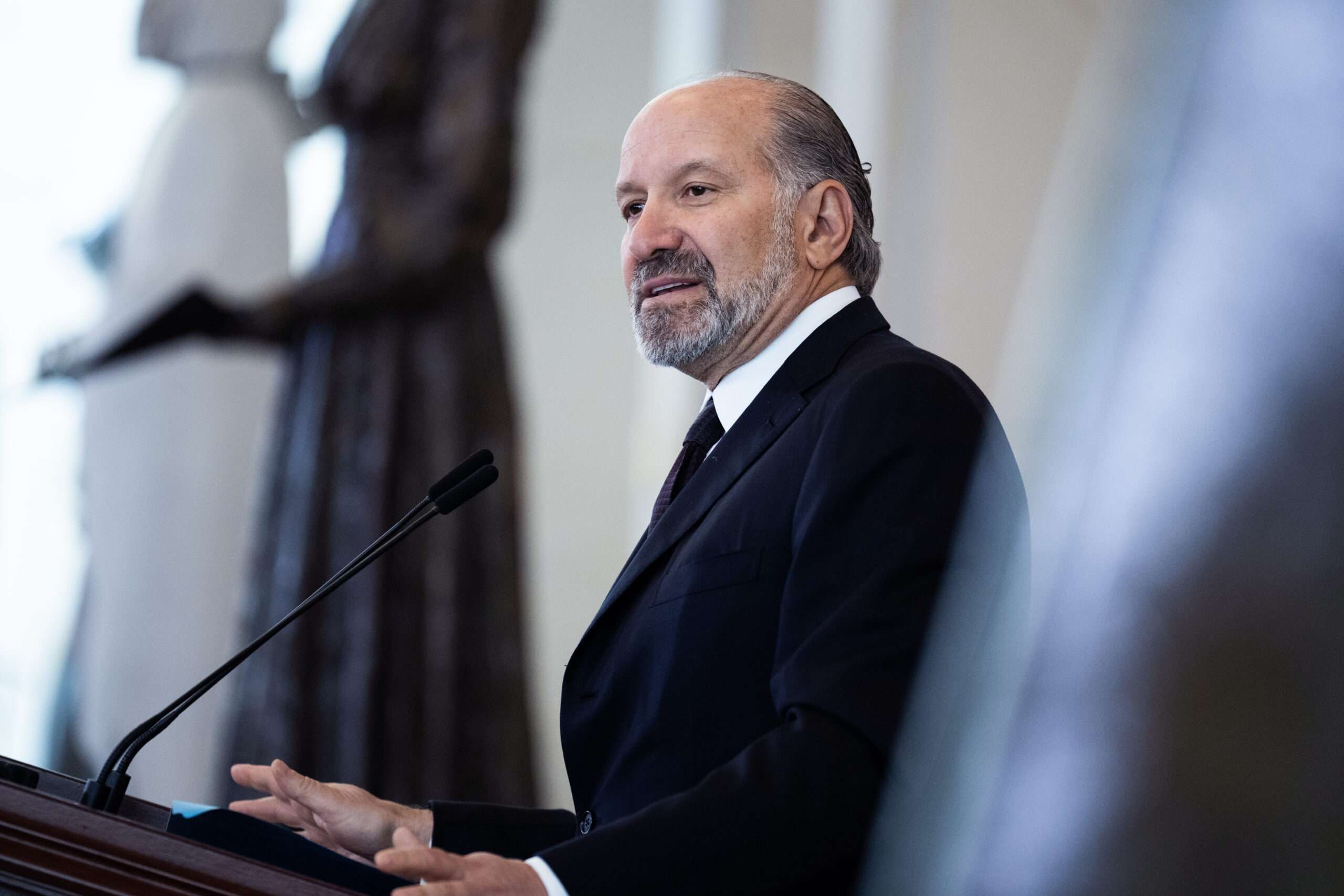The golden passport scheme does not define Malta’s economic success but it must change

The European Court of Justice has delivered what could be considered a landmark judgment in the case instituted against Malta over the golden passport scheme. The scheme under its original format started in 2014 and granted citizenship to wealthy individuals against payment and subsequent investment in property. The scheme was amended in 2020, to include a residence requirement for potential applicants in a bid to stave off legal proceedings by the European Commission. Malta’s primary argument throughout proceedings was that the granting of citizenship was a member state competence and the European Commission was overreaching when it demanded the programme be terminated because it undermined the principles of mutual trust between member states. The purchase of citizenship automatically meant that wealthy foreigners would also benefit from EU citizenship and the rights derived from this such as free movement and political rights such as voting and petitioning EU institutions. Malta’s case found the sympathetic ear of EU Advocate General Anthony Michael Collins, who in an opinion published on 4 October 2024, concluded there was no case against Malta on the basis that citizenship was a member state prerogative. However, the judges at the ECJ gave short shrift to Collins’s opinion and in their judgment found that Malta’s citizenship by investment programme was in breach of the principles of “sincere cooperation” and “mutual respect” towards other member states. The court’s ruling was premised on the argument that the granting of Maltese citizenship through a commercial transaction would also grant EU citizenship and thus impact other member states. The court found that the changes enacted in 2020 that required an applicant to have been a resident were not enough to establish a genuine link between the foreign applicants and Malta. Indeed, the court noted that despite the residency requirement, applicants were only required to be physically in Malta on two occasions – when biometric data is collected and to recite the oath of allegiance. The ruling thus has limited what was once thought to be an unfettered competence of the member states in the realm of citizenship. Our reading of the ECJ ruling is that the stature of EU citizenship, which only exists as a result of citizenship derived from the 27 member states, has been elevated. The ruling has given substance to the principles of “sincere cooperation” and “mutual respect” as outlined in the EU Treaties. It has effectively quashed citizenship programmes that are purely of a transactional nature and where no genuine link exists between those acquiring citizenship and the country. If we are to be honest with ourselves, the unique selling point for Malta’s citizenship scheme was that prospective applicants would be gaining all the rights that come with EU citizenship. None, or very few, of those who acquired Maltese citizenship were genuinely interested in living or investing in Malta. The target was not Malta but the freedom of movement Maltese citizenship granted them across the whole of the EU. Irrespective of the reasons why someone would want to buy another country’s citizenship–there could be legitimate reasons–such a scheme was always going to raise concerns because of the inherent risks that come with it, such as criminals trying to find safe harbour in an EU jurisdiction. Within this context citizenship acquired through these means seizes to be purely a national issue. The ECJ’s decision may be hard to fathom, considering the eyewatering €1.4 billion the golden passport scheme has generated since 2014 and the beneficial social, cultural and sports investments made as a result of the funds transferred to the National Development and Social Fund (NDSF). Malta managed to create a modest sovereign fund by exploiting its EU membership. It may not have been the most ethical way to raise funds; it may have been a risky strategy and one that brought the country undue negative attention; but it delivered the money. However, it would be wrong for the government to turn the citizenship by investment scheme into a dogma that defines Malta’s economic success. The economy flourished over the past decade despite the scheme and not because of it. Neither did public finances depend on income from passport sales to turn into surplus in the years preceding the pandemic. And the current downward trajectory in the deficit has nothing to do with income from the passport scheme. The way forward in light of the ECJ ruling is not to persevere down the same path but develop a programme that truly requires a genuine link through effective residency and investment that precedes any application for citizenship. If anything, Malta would be better served in the coming years if it manages to attract genuine talent in the fields of science, research and development, robotics, AI and biosciences just to mention a few. This would be more in line with the long-term plan envisaged in Vision 2050.


















